Are you thinking about learning piano, but aren't sure if you can do it? Is it too hard? Let's look at the easy and hard parts of piano, and then you can see if it's something you want to try. Even though piano can be challenging, it's so rewarding and definitely worth the time and effort.
If you're considering learning piano, you'll definitely want to check out these tips for finding the right piano teacher and how to practice effectively.

Easy Parts of Piano
- It's easy to play the right pitches. Whenever you press down a key, the right pitch is played if the piano is tuned properly.
- It's comfortable. You don't get a cramped neck from holding a violin, sore fingers from guitar strings, or feeling out of breath from wind or brass instruments.
- Piano helps you learn music theory. The visual nature of a keyboard makes the sharps, flats, and naturals easy to see, and also helps the student identify scales, chords, arpeggios, and other music theory elements easily.
- It makes you more coordinated. If you're able to play with your left and right hands simultaneously and use the damper pedal, that will give you a leg up if you try guitar, drums, or some other instrument.
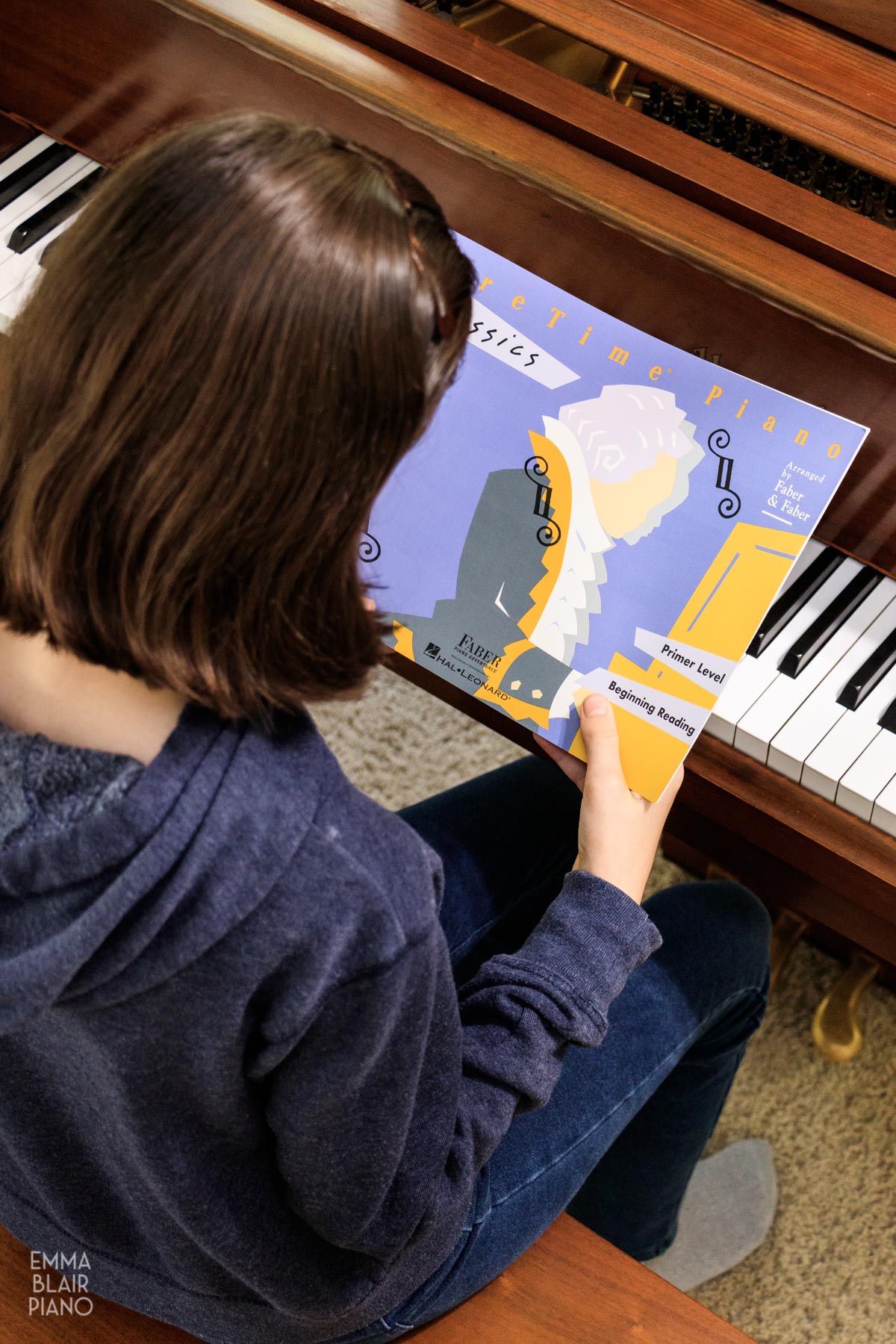
Hard Parts of Piano
- Reading music. Even if you already know how to read music on a treble or alto clef, you still need to learn how to read treble and bass clefs simultaneously. Plus, you'll need to learn the dynamics and rhythms depicted on the grand staff.
- Timing and rhythm. Sight reading rhythms and playing at a consistent speed is something that takes careful and consistent practice.
- Fingering. Learning how to select the right fingering for a piece is an important part of learning the piano, and it takes time to master.
- Dynamics. Knowing when and how to play soft and loud, adding crescendos and dimuendos, observing tied notes and slurs, adding trills and grace notes, playing smooth legatos and crisp staccatos...there are many subtle embellishments to master!
- Pedaling. Learning how to use the damper pedal well takes lots of practice. For some pieces, you will also need to know how to use the soft pedal and the sostenuto pedal.
- Posture. Sitting the proper distance from the piano, keeping your forearms level with the keyboard, and maintaining a rounded hand shape can be a challenge.
- Practice, practice, practice. It takes many hours of practice to master a song, and it takes years of practice to get good at piano. Even if you have natural talent at piano, it still requires a lot of faithful, careful practice to become skillful at this musical instrument.
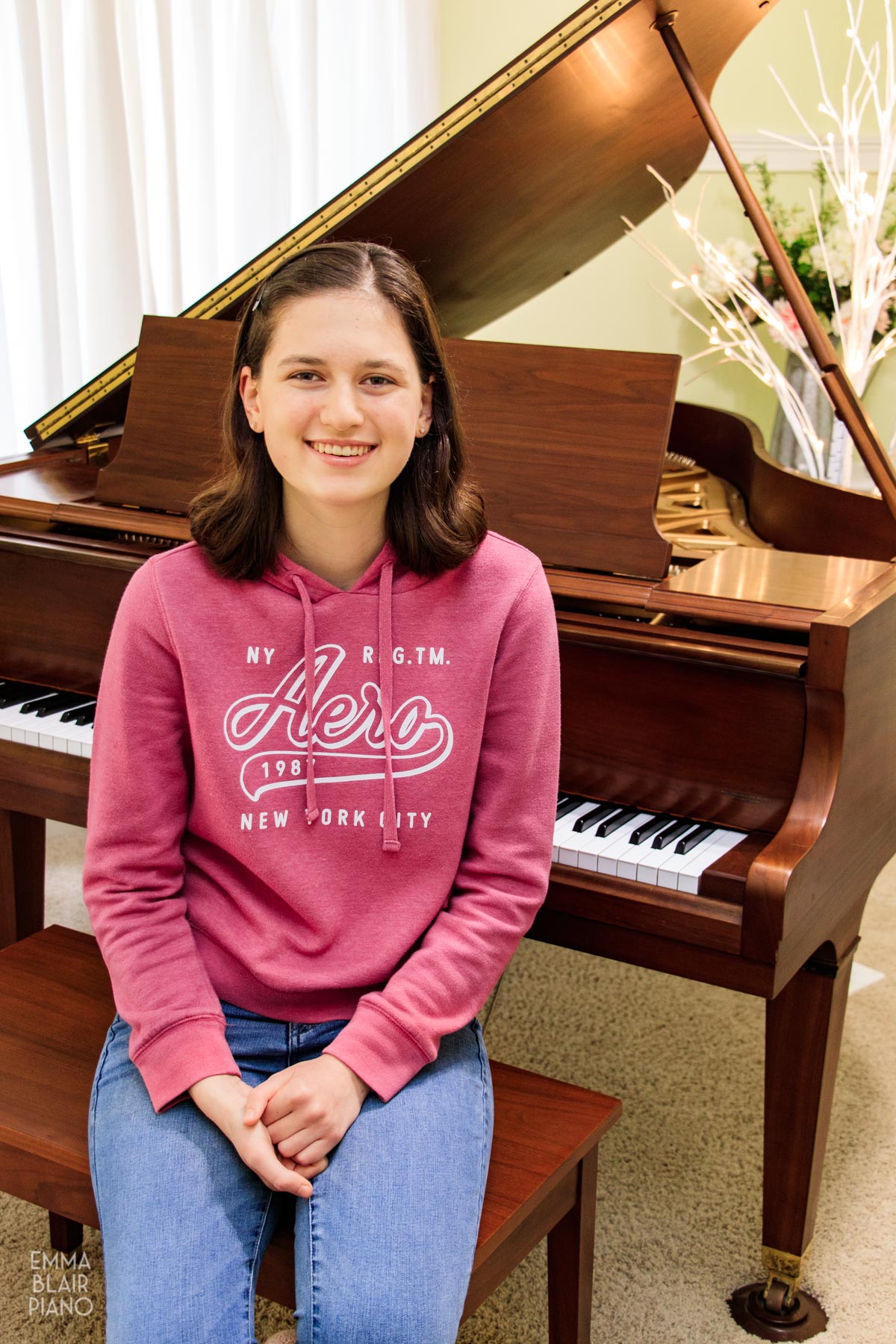
FAQs
It's complex! Even for simple pieces, you have to read two clefs of music simultaneously, use the pedals, play with the correct fingering and rhythms, add dynamics, go at a consistent speed, and articulate the notes clearly. That's a lot to remember all at once!
Absolutely! Although learning piano can be overwhelming and frustrating, if you are persistent, you'll discover that it's incredibly rewarding. Especially if you're a creative person, you'll love all the artistic elements of piano playing. There's nothing like being able to sit down and play a beautiful song.
Yes, you can teach yourself piano as long as you are studying from well-written books and working along with a high-quality app or YouTube channel. However, if you're serious about learning piano, it really is best to find a piano teacher that will be a good fit for you. You'll be able to learn faster, correct mistakes, and practice more consistently if you're taking weekly private lessons with a great teacher.
No, it isn't any more difficult to learn piano at an older age; in fact, you may catch on faster than a child would. As an adult or older beginner, you probably have a stronger desire to play the piano, better memory and concentration, a strong work ethic, and larger hands--all of which help a student learn the piano faster.
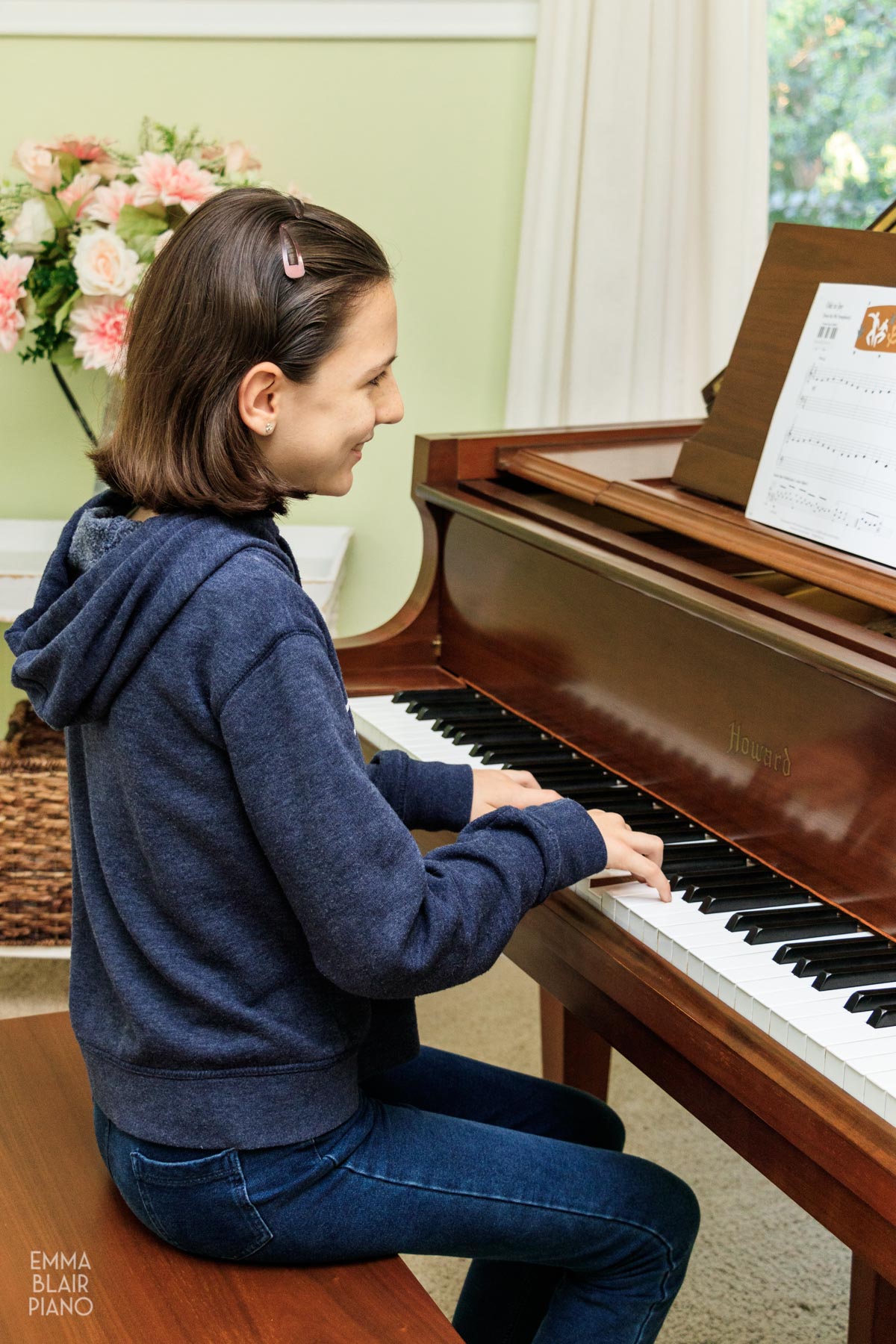
Conclusion
Even though piano takes years of practice to master, you can make lots of progress in a short amount of time with diligent work. Find a good piano teacher to inspire you, practice consistently, and always aspire to improve. You'll be playing better and better every day!
Helpful Piano Practice Tips
You must use the category slug, not a URL, in the category field.


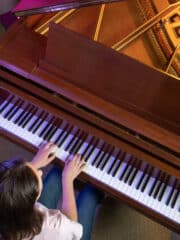
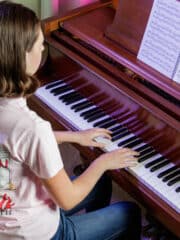
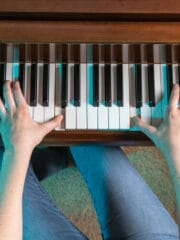
Leave a Comment